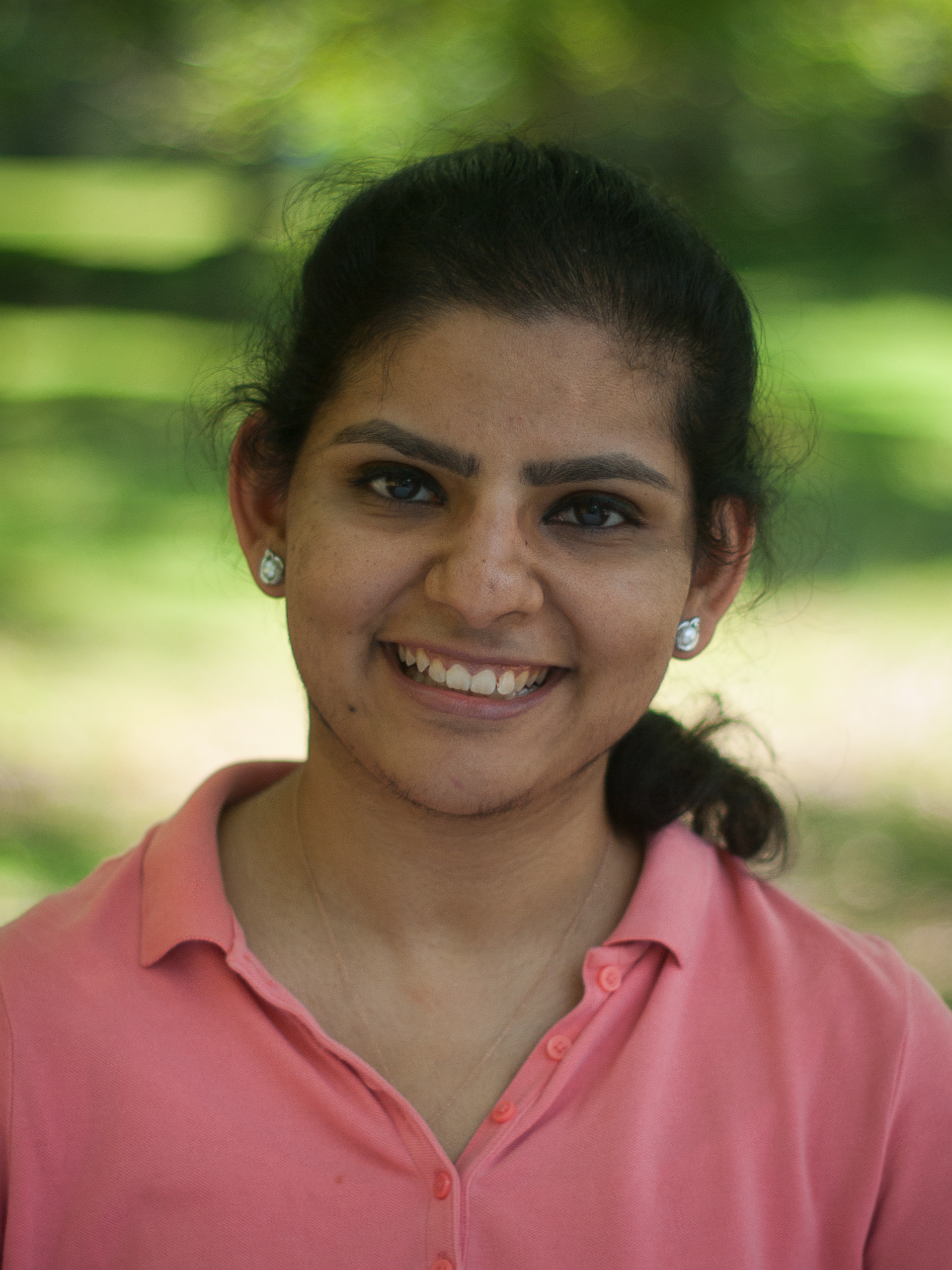#COVEID19: Ramadan and Eid in the midst of a global pandemic
by Ayesha Muhammad (G2)
 In my 29 years of existence, without fail, the night that marks the beginning of Ramadan, the Muslim month of fasting, has been welcomed with extra prayers, Taraweeh, in the mosque. On the night of April 23rd 2020, however, hundreds of thousands of Muslims in the US experienced a bittersweet moment: they welcomed Ramadan, preparing for a month of physical and spiritual cleansing, while seeing the infamous log chart of COVID-19 deaths on track to pass the 50,000 mark in the U.S. alone. “It will get better,” I hoped, appealing partly to the Santa Claus notion of God from my childhood. “Ramadan is the month when God grants prayers faster and so many people are praying for this hurting world…”
In my 29 years of existence, without fail, the night that marks the beginning of Ramadan, the Muslim month of fasting, has been welcomed with extra prayers, Taraweeh, in the mosque. On the night of April 23rd 2020, however, hundreds of thousands of Muslims in the US experienced a bittersweet moment: they welcomed Ramadan, preparing for a month of physical and spiritual cleansing, while seeing the infamous log chart of COVID-19 deaths on track to pass the 50,000 mark in the U.S. alone. “It will get better,” I hoped, appealing partly to the Santa Claus notion of God from my childhood. “Ramadan is the month when God grants prayers faster and so many people are praying for this hurting world…”
It has been stated ad nauseam that COVID-19 has, and will continue, to change our “normal.” This disease of the body has also affected the spirit in ways more than one. On the eve of Ramadan, I didn’t worry about how physical distancing would affect this beloved month. Quarantine would keep me from sweating under the Nashville sun, and, anyway, I liked breaking my fasts at home. By the third fast, however, the loss of community started to create a void that no amount of fruit salad eaten at sunset would fill. I gained an appreciation for the challenges of those who had celebrated Easter and Passover earlier, while physically distancing. Among many other things, I missed planning my “breaking the fast with breakfast (for dinner)” iftar party I always had for my friends and classmates. Little did I know that losing in-person human interaction this year would drive home the message of Ramadan better than ever before.
Fasting during Ramadan is intended to encourage gratitude, reminding Muslims of the gifts that many in the world lack. That’s why most Muslims also offer their obligatory yearly charity of Zakat during this month. Usually, I have approached this lesson with gifts of the more materialistic kind on my mind: while I could drink icy cold water (or even Mexican Sprite!) after sunset, there are many who don’t have access to clean water. This year, however, reminded me that I have so much more to be grateful for: no one in my immediate family has been affected by COVID-19; we are all healthy enough to be able to fast; I can afford to buy groceries so I can break my fast; I have a solid roof over my head and a connection to the internet that enables me to call my mom every day; I am free of the pain and numbness that only comes from the grief of losing a loved one and makes everything else not worth it. Muslims all over the world embraced Ramadan this way: I sat in Zoom sermons, attended by people across the world, that focused on how different this Ramadan felt. I read news stories about people buying groceries for others in need. So what if taraweeh couldn’t be in a congregation? The word “community” embodies more than just sitting in a mosque together. The more I missed my family and friends, the more I was able to pour my heart into reflection.
The end of the month, a period we call Eid al-Fitr or, informally, Meethi Eid (‘The Holiday of Sweets’), turned out to be similarly bittersweet. On May 23rd, a plane carrying folks ready to celebrate Eid crashed in a densely populated neighborhood of my hometown Karachi, two streets away from my uncle’s house. On Sunday, May 24th, I awoke to put on new clothes and enjoy the traditional dessert for breakfast, but it felt wrong; this year, so many homes are marking Eid with mourning rather than joyful feasting. So instead of saying “Eid Mubarak” (Happy Eid), I say “Praying this Eid” instead, grateful for those who put themselves at risk to provide essential services, compassionate towards those who have suffered during this time, praying for this world that is hurting right now. This year, I celebrate more than the ability to eat during daylight hours; I celebrate these lessons with a promise to carry them forth with me beyond Ramadan and beyond this wave of COVID-19.
Read a previous reflection by Ayesha “My Personal “Struggle:” Welcoming Ramadan as a Clerkship Student”
Disclaimer: The viewpoints expressed by the authors do not necessarily reflect the opinions, viewpoints and official policies of Vanderbilt University.
